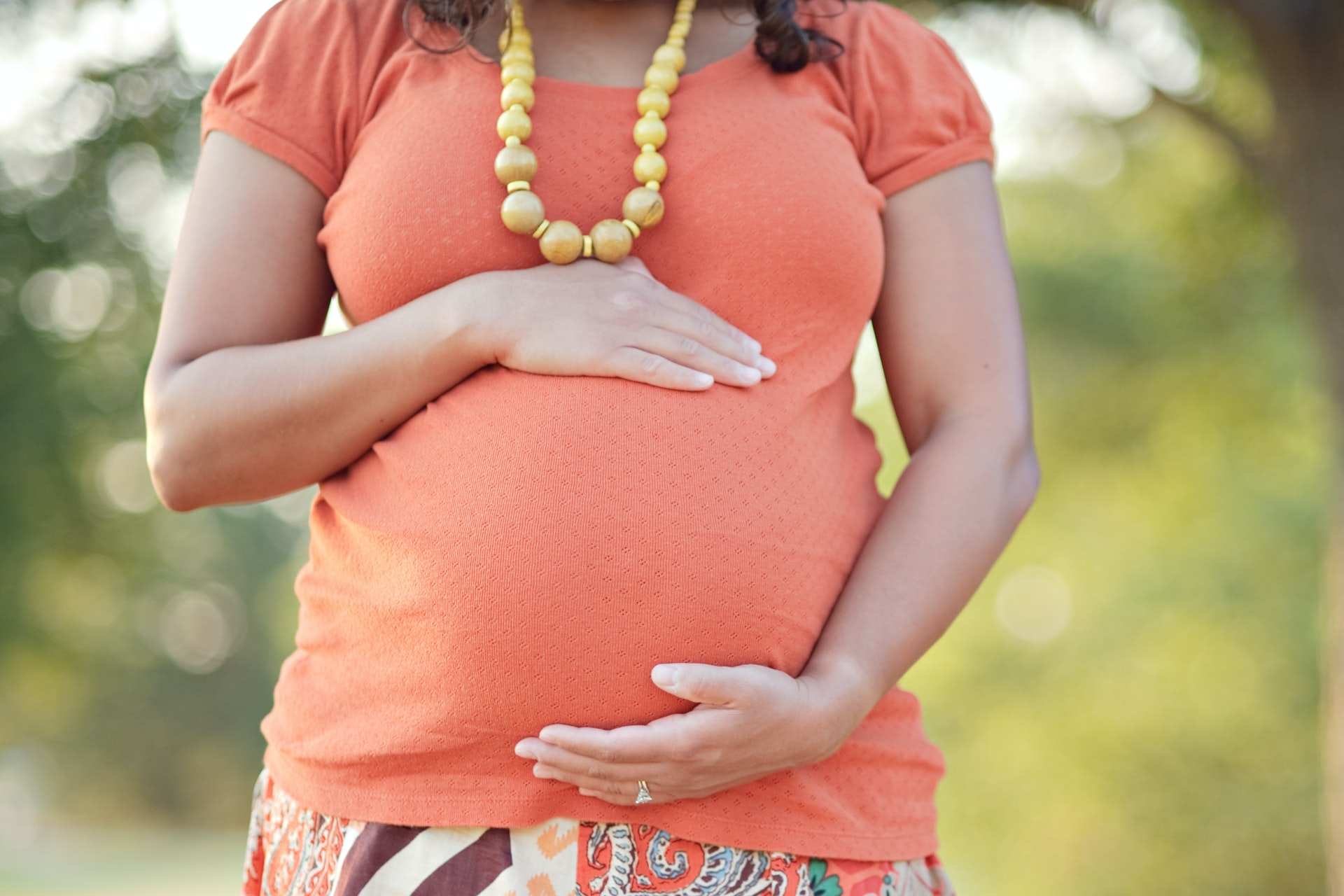How To Have a Healthy Donor Egg Pregnancy?

While pursuing various pregnancy options, you’ve probably spent many hours researching the pros and cons of each choice, not to mention the financial aspects of it. Amidst all the fact-finding, it is very easy to forget one essential element: Your Health!
Whether you are pursuing a pregnancy through IVF or egg donation, preparing for your prenatal period is beneficial. How? Consider the following tips for having a healthy donor egg pregnancy:
Pre-conception Health
You are in the advantageous position of knowing that you will soon become pregnant. You can, therefore, prepare your body and mind for this life-changing experience. Some of the most important steps you can take BEFORE getting pregnant are:
Consume folic acid regularly. This will lower the risk of your child acquiring certain spine and brain-related birth defects. Taking a combination of folic acid and prenatal multi-vitamins is the easiest way to safeguard your unborn child’s health.
Stop drinking and smoking immediately. Refrain from areas where you might encounter second-hand smoke too. You should follow this precaution during pregnancy as well.
If you have a medical condition such as diabetes, high blood pressure, depression, or any other condition taking medication. Ensure your doctor is aware that you are planning to get pregnant. Certain medications may not be taken during pregnancy. Your doctor will recommend an alternative medication.
Eating and Nutrition
Irrespective of how you conceive, everything you eat and drink will benefit your reproductive health. There are certain nutrients that you must include in your diet. These are:
Iron:
This nutrient promotes blood cell production and cardiovascular health. Good sources of iron include chicken, beans, leafy greens, and red meat.
Folic Acid:
This nutrient is imperative during the early stages of development. It reduces the occurrence of birth defects and aids in rapid cell growth in the placenta. Folic acid must be consumed before and during your pregnancy. Some natural sources of folic acid are avocados, dark green vegetables, dried beans, and citrus fruits.
Calcium:
This element promotes the development of muscles, bones, and teeth. Some of the best sources of calcium are dairy products, green leafy vegetables, and beans.
- Vitamin C– Perhaps one of the most vital vitamins; it aids in iron and calcium absorption. Vitamin C repairs bodily tissues and promotes growth. It is abundant in berries and citrus fruits.
- Vitamin D– It helps the body absorb iron and calcium. Vitamin D is found in leafy green vegetables, some fish, and certain dairy products.
Healthy Fats:
These are found in seeds, nuts, fish, and olives. Healthy fats contain omega fatty acids and antioxidants, which boost brain development.
Dietary Precautions:
Avoid consuming fish such as mackerel and swordfish. These fish contain high concentrations of mercury.
Limit your caffeine intake. If possible, switch to herbal teas.
Regular Exercise
Daily exercise is a necessary part of a healthy pregnancy. Engaging in just thirty minutes of aerobic exercise every day is beneficial to your health. Good examples of aerobic exercise include brisk walking, swimming, and bike riding. These exercises boost blood circulation to the uterine tissue. Regular exercise helps to keep your joints flexible and strengthens your muscles. It also helps to maintain your body weight.
Exercise isn’t just beneficial for physical health, but mental health too. It can reduce stress, making you feel good inside. Exercise also helps you get a good night’s sleep.
Pre-pregnancy health, regular exercise, and a wholesome diet are essential to achieving a healthy donor egg pregnancy.
To learn more about how to have a healthy donor egg pregnancy with an egg donation agency, contact Rite Options.






